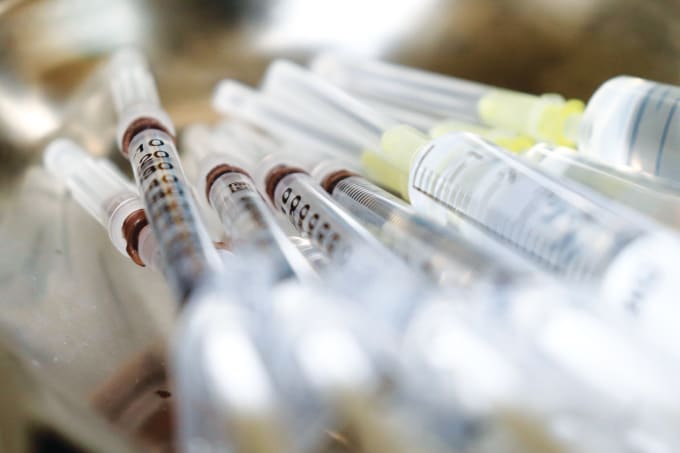Biotech companies worldwide struggle to access high-quality patient samples to support their research and development. The root of the problem? The simple fact that patient samples most often originate in a healthcare setting in the public sector – but biotechnology companies are in the private sector and therefore have reduced access.
The easiest way for most biotech companies to obtain samples is to get them from a commercial broker. These companies are solely focused on providing clinical samples for industry and, naturally, they are driven by the need to make a profit. Scientifically speaking, the main disadvantage of using a broker is that sample provenance may be lacking (brokers tend not to reveal their sources for business reasons) and there may be uncertainty about the samples’ quality and the reliability of the resulting research.
So what can be done to provide industry – and particularly small biotech companies – with the reliable, high-quality samples they need?
Best practice for any researcher is to obtain biosamples directly from the source; that is, from the hospital biobank that collected the sample from the patient. To encourage this, we need to make it easier for biotechs and hospital biobanks to find each other. Biotechs can search a number of directories to find suitable partners, but this is often a difficult approach. Many of the biobanks listed may not be open to working with industry or may give companies a low priority, leading to disappointing false leads.
In my view, Biosample Hub could be a potential solution. Biosample Hub is an international online platform dedicated to bringing biotechs and academic/hospital biobanks together, with use restricted to these two groups. It includes a directory of biobank and biotech members, a directory of sample requests, and social networking features. The only reason for biobanks to be on the platform is to supply industry, so the problem of false leads is minimized. One other key aspect of the platform is that it is not-for-profit, which overcomes the ethical concerns of many biobanks.

Another solution is to make it more attractive for hospital biobanks to work with industry. In other words, there need to be more and bigger incentives. The problem is that, in many hospital biobanks, local academic researchers get top priority and other researchers get second priority, leaving industry at the back of the queue. This is natural, because these biobanks are established as institutional initiatives, with the purpose of serving their own institution. The focus of academic biobanks is very much on research productivity as measured by publication impact and, unfortunately, industry, for reasons of intellectual property, faces restrictions about how much work it can publish and when.
The incentive of funding should encourage hospital biobanks to work with industry, because biobanks need funding and often operate on shoestring budgets. One approach is for biobanks to charge industry a cost-recovery fee for samples, and also to charge fees for additional sample processing services, such as cutting sections or extracting DNA. This approach seems to be especially well understood by French biobanks, who use the term “valorization” for the process of adding value to their samples. Almost half of the biobanks that have joined Biosample Hub are French and most offer additional sample processing services.
Another approach is to make external grant funding of biobanks conditional on service to industry. This could be aided by mandating that funded biobanks make their sample access policies public, requiring annual reports on sample distribution, and perhaps even having industry representatives on sample access committees. Patient representatives are well accepted, so why not industry representatives?
New regulations could have a major impact on how biotech companies source their clinical samples in future. For example, the new European regulation governing manufacture of in vitro diagnostic devices (IVDs) comes into force on May 26, 2022; to demonstrate conformity, makers of IVDs must show that the biospecimens used to validate their devices have undergone acceptable preanalytic processing. This will require the sourcing of samples from biobanks certified to meet specific quality management standards. As a result, diagnostics companies will need to obtain samples from known sources that provide full provenance information.
This need will put pressure on commercial brokers to change their business practices and reveal the source of their samples. One way in which brokers may mitigate this is by using binding contracts with both the provider and the requester of samples to prevent them from interacting independently of the broker. Of course, not all companies or biobanks will be comfortable with such restrictions…
There are technological solutions, however, that can be used to ensure the reliability of samples’ provenance information. Blockchain is one example that allows tracking of biospecimen transfers from the patient donor to the researcher in a secure, transparent, and ethical manner, with all transactions documented in an incorruptible shared digital ledger.
Right now, biotech companies often find access blocked for a variety of possibly short-sighted reasons. Ultimately, to speed up development of new therapies, diagnostics, and vaccines, biotech companies need access to top-quality patient samples – and we need to find solutions that facilitate this.




